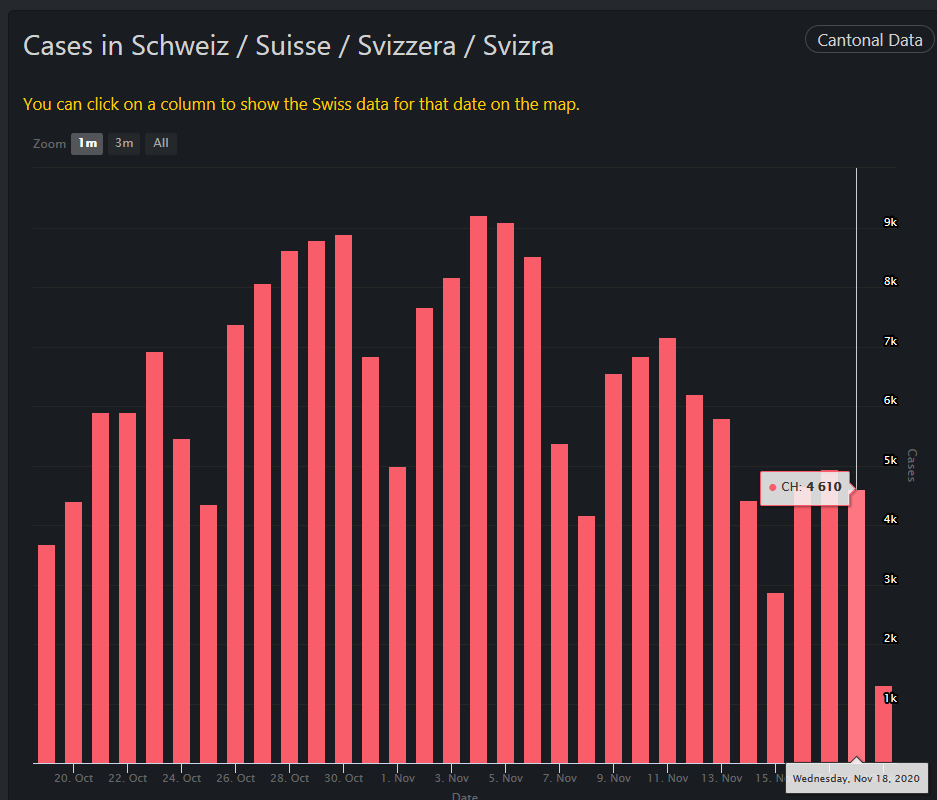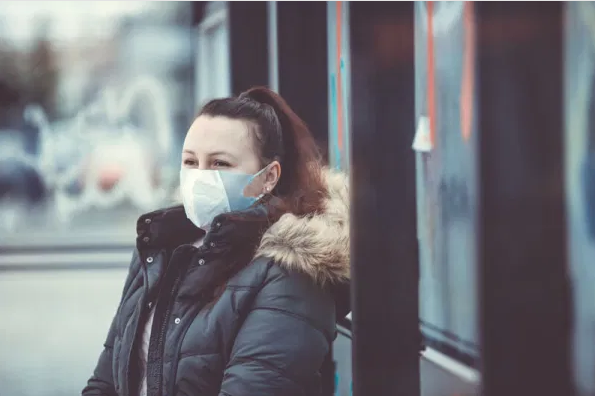This week, the Swiss National COVID-19 Science Task Force published a guide on responding to coronavirus denial. During second wave, trust in the decisions of the Swiss authorities dropped below where it was in spring, and the social consensus on how to respond to the pandemic eroded over the summer, said the authors. Conspiracy theories and misinformation have contributed to this trend and reduced the adoption of measures to control the spread of the virus, said the report. An online survey conducted by Tamedia with 26,145 respondents across Switzerland found that 30% thought the virus came from a lab, 13% that the virus is no more dangerous than the flu, 12% that the virus has always existed, 8% that Bill Gates and the WHO have dramatised the pandemic for their
Topics:
Investec considers the following as important: 3) Swiss Markets and News, 3a) Health, Coronavirus Switzerland, Covid-19 Switzerland, Editor's Choice, Featured, health, newsletter
This could be interesting, too:
Investec writes The global brands artificially inflating their prices on Swiss versions of their websites
Investec writes Swiss car insurance premiums going up in 2025
Investec writes The Swiss houses that must be demolished
Investec writes Swiss rent cuts possible following fall in reference rate
 This week, the Swiss National COVID-19 Science Task Force published a guide on responding to coronavirus denial.
This week, the Swiss National COVID-19 Science Task Force published a guide on responding to coronavirus denial.
During second wave, trust in the decisions of the Swiss authorities dropped below where it was in spring, and the social consensus on how to respond to the pandemic eroded over the summer, said the authors. Conspiracy theories and misinformation have contributed to this trend and reduced the adoption of measures to control the spread of the virus, said the report.
An online survey conducted by Tamedia with 26,145 respondents across Switzerland found that 30% thought the virus came from a lab, 13% that the virus is no more dangerous than the flu, 12% that the virus has always existed, 8% that Bill Gates and the WHO have dramatised the pandemic for their own profit, and 3% that 5G technology was causing it to spread.
According to the report, the appeal of conspiracy theories is fuelled by a need to understand and re-gain some sense of control over an unsettling situation. In particular, these theories offer certainty and a sense of control, something that draws in those that feel politically alienated. Another psychological motive is maintenance of a positive image of the self or the in-group through external validation, especially among groups that feel unfairly treated.
Covid-19 myths range from SAR-CoV-2 being no worse than the flu virus, through to wealthy elites using the virus to profit from vaccines, and herd immunity protecting us if we let the virus spread through the population.
However, there is no silver bullet for responding to conspiracy theories and coronavirus denial.
Advice includes trying to immunise people against it by helping them to identify conspiracy theories, which typically contain 6 ingredients: a (not so secret) secret plot, a group of conspirators, supporting evidence (often cherry picked or at odds with reliable scientific consensus), a suggestion that nothing happens by accident, a good and bad world framework, and a clear target of blame. These are the key ever-present ingredients.
Offering tips on how these flawed theories are typically presented is another tool. Ensuring information has links back to reliable sources is key. Information narrowly presented by one or very few individuals is a red flag too. Another tell tale sign is a presentation that focuses excessively on the credentials of the presenter and not enough on well run scientific studies. Tone can be telling too. Information that is not presented in an objective factual tone should raise suspicion. Objective credible scientists tend to express doubt. They rarely offer definitive conclusions.
In reality the world is a pretty chaotic place where much happens randomly and unpredictably and questions and uncertainty abound.
Tags: Coronavirus Switzerland,Covid-19 Switzerland,Editor's Choice,Featured,Health,newsletter








